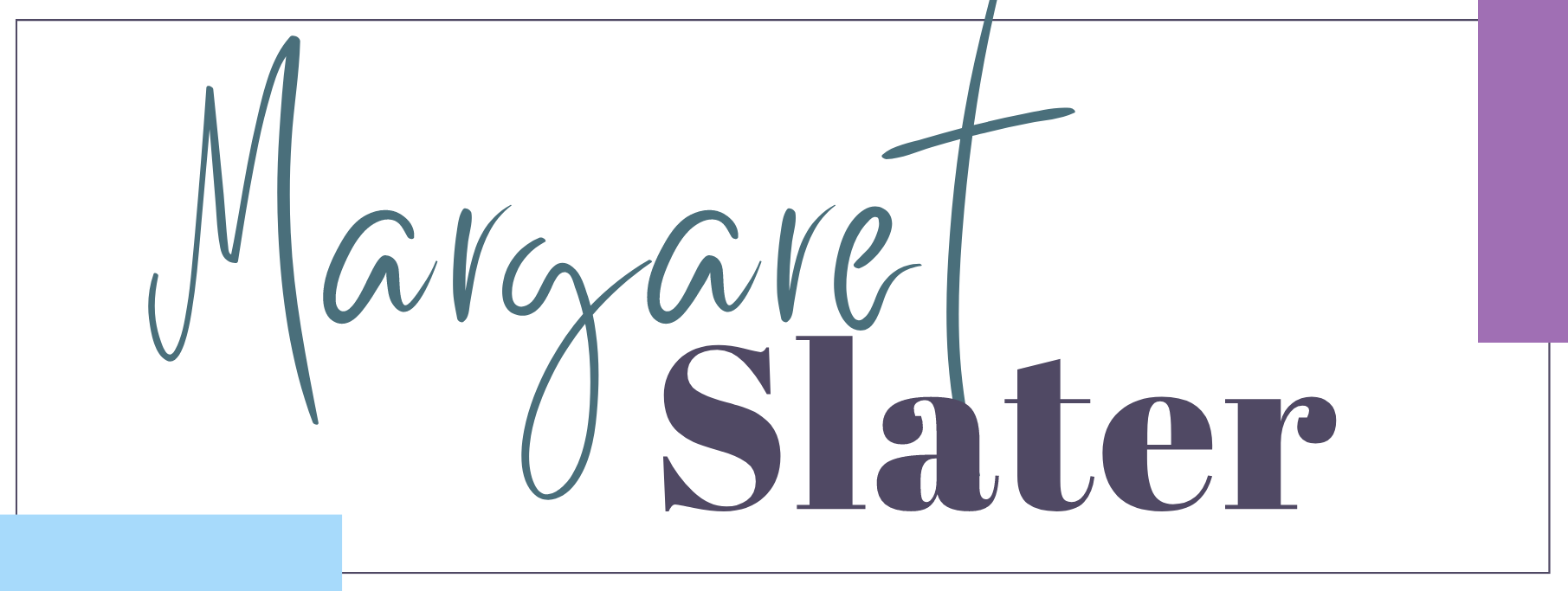Little-Known Tips for Small Businesses During Tax Time in Ontario
Tax season can be a stressful period for small business owners, but with the right knowledge and strategies, it can also be an opportunity to maximize your savings and ensure compliance. Ontario has specific tax practices that small businesses should be aware of to make the most of their tax filings. Here are some little-known tips to help you navigate the tax season effectively.
1. Understand Ontario-Specific Tax Credits and Deductions
Ontario offers several tax credits and deductions that can benefit small businesses. Familiarize yourself with these to reduce your taxable income:
- Ontario Small Business Deduction (SBD): If your business is a Canadian-controlled private corporation (CCPC) earning less than $500,000 in active business income, you may be eligible for the SBD, which can significantly lower your provincial tax rate.
- Ontario Innovation Tax Credit (OITC): If your business invests in R&D activities, you might qualify for a refundable tax credit of up to 8% of your qualifying expenditures.
- Ontario Apprenticeship Training Tax Credit: This credit is for businesses that hire and train apprentices in certain skilled trades. It can provide a credit of up to $5,000 per apprentice, per year.
2. Optimize Your Expense Deductions
Claiming all eligible business expenses can substantially reduce your taxable income. Some commonly overlooked deductions include:
- Home Office Expenses: If you operate your business from home, you can deduct a portion of your home expenses, such as utilities, mortgage interest, property taxes, and home insurance, proportional to the space used for business activities.
- Vehicle Expenses: Keep detailed records of your business-related vehicle use. You can deduct fuel, maintenance, insurance, and depreciation based on the percentage of time the vehicle is used for business purposes.
- Professional Development: Courses, seminars, and conferences related to your business are deductible expenses that can also enhance your business skills and knowledge.
3. Take Advantage of Tax Deferral Strategies
Timing can play a crucial role in your tax planning:
- Deferring Income: If your business’s income is higher than usual this year, consider deferring some income to the next fiscal year to manage your tax liability. This is particularly useful if you expect to be in a lower tax bracket in the subsequent year.
- Accelerating Expenses: Conversely, if you anticipate lower income next year, it may be beneficial to accelerate certain expenses into the current fiscal year to take advantage of deductions sooner.
4. Maintain Accurate and Organized Records
Good record-keeping is essential for maximizing deductions and avoiding issues with the Canada Revenue Agency (CRA):
- Use Accounting Software: Tools like QuickBooks or FreshBooks can help you keep accurate records and generate financial reports needed for tax filing.
- Keep All Receipts: Ensure that you retain all receipts for business expenses. Consider using digital tools to scan and organize receipts electronically.
- Track All Income: Maintain detailed records of all business income, including smaller streams that might be easy to overlook.
5. Consult a Tax Professional
Even with thorough preparation, the complexities of tax laws can make it beneficial to consult with a tax professional:
- Expert Advice: A tax professional familiar with Ontario tax laws can provide personalized advice, identify additional deductions and credits, and help you develop effective tax strategies.
- Audit Support: In case of an audit, having a tax professional who understands your business and tax filings can be invaluable.
6. Stay Updated on Tax Law Changes
Tax laws frequently change, and staying informed can help you take advantage of new benefits or adjust to new requirements:
- CRA Updates: Regularly check the CRA website for updates on tax laws and deadlines.
- Professional Networks: Join local business associations or networks where you can receive updates and share information with other business owners.
Tax time doesn’t have to be daunting for small business owners in Ontario. By understanding available credits and deductions, optimizing your expense claims, employing strategic timing, maintaining organized records, consulting professionals, and staying informed about tax law changes, you can navigate tax season more smoothly and efficiently. Implement these tips to ensure you’re not leaving money on the table and to keep your business in good standing with the CRA.
Looking for help getting started? Download my FREE tax season prep kit here and feel confident going to your accountant this year!






